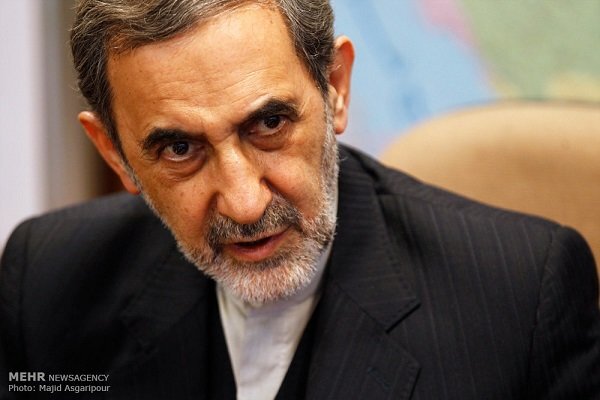
TERHAN – A senior advisor to the Leader of the Islamic Revolution on international affairs has said NATO has failed to establish a foothold in the South Caucasus region.
The advisor, Ali Akbar Velayati, said in an interview with the Iranian Farhikhtegan newspaper that NATO has recently eyed an influence in the South Caucasus region.
“In recent months, unfortunately, NATO, centered on the United States, intended to take measures to establish dominance in the South Caucasus with fully suspicious plans, so it entered into a challenge with Russia… The South Caucasus is the most important place that has been considered as NATO's western entrance,” Velayati said.
He added, “In such a situation, the Russians, who stated nearly two years ago that the borders of the South Caucasus should become the borders of the former Soviet Union, distanced themselves from this position after some time at a Moscow summit and [they] said that the borders should be based on the decisions of the Moscow Summit.”
Velayati continued, “On the other hand, the Americans, led by Turkey, came to the field to disrupt the South Caucasus. Americans should know that if they enter the South Caucasus region, they will be so caught between the resistance of different ethnic groups that it will be impossible to escape from it.”
According to the advisor, the American are facing a number of hurdles including China’s rising economic power and the improvement of Russian weaponry due to oil price hikes. Velayati also pointed to the rising power of the Axis of Resistance and the unraveling of traditional alliances as other two obstacles to America fulfilling its plans in the South Caucasus.
“According to the Supreme Leader's statement, the opinion of the Islamic Republic is that the current borders will not be changed in any way. A point that has been promoted by some Turkish officials and the media of that country in recent years is that Iranian Azeris have been under pressure for years. And the Turkish government portrays itself as having a mission to free the Azeris from the domination of the rest of the ethnic groups that make up the Iranian identity. This is while Iranian Azeris are an important part of Iran and after the Revolution, the president and prime minister of this country were ethnic-Azeri for about eight years and now the first person of the country is Azeri,” he noted.
Velayati pointed out that the Iranian Azeris will stand up against persons seeking ethnic turmoil in Iran and if those persons seek help from the Zionists. The cowardly Zionists have established some bases near the Iranian border, Velayati said.
Tensions have risen between Iran and the Republic of Azerbaijan over the latter’s insistence on opening the so-called Zangezur corridor, which could cut Iran’s border with Armenia. Iran has said it will not accept this geopolitical change and offered alternative routes passing through Iran. Also, Iranian officials have expressed their desire to facilitate peace between Baku and Yerevan.

No comments:
Post a Comment